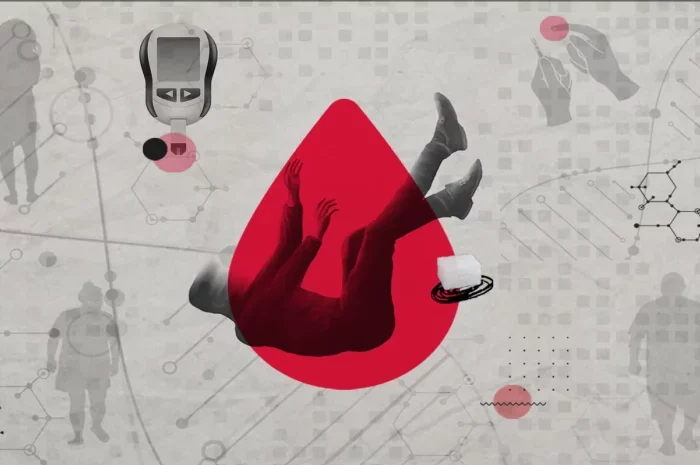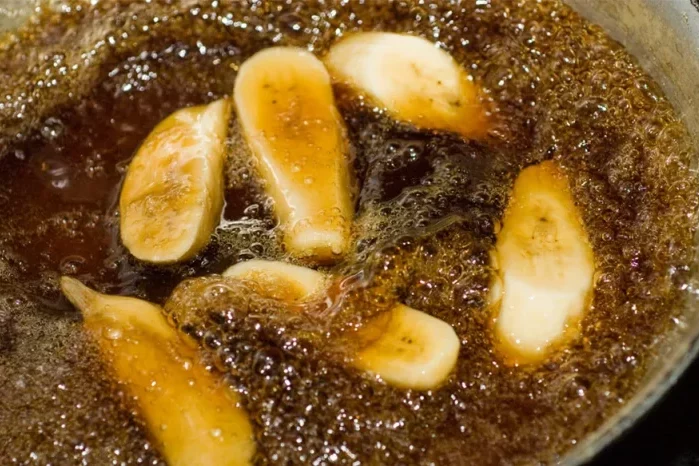Fasting hypoglycemia, characterized by abnormally low blood glucose levels during periods of fasting or prolonged periods without food intake, is a significant clinical concern. It can result from various physiological, pathological, and pharmacological factors. This article delves into the primary causes of fasting hypoglycemia, including insulin-related disorders, metabolic disorders, endocrine dysfunction, and other contributing factors.
Insulin-Related Disorders
Insulin plays a crucial role in regulating blood glucose levels by facilitating the uptake of glucose into cells. Abnormalities in insulin secretion or action can lead to hypoglycemia, particularly during fasting periods.
Insulinoma
Insulinoma is a rare pancreatic tumor that secretes excess insulin, leading to hypoglycemia. Key aspects include:
Pathophysiology: Insulinomas produce insulin independently of physiological regulatory mechanisms, causing continuous or intermittent hypoglycemia. The excess insulin results in excessive glucose uptake by cells, leaving insufficient glucose in the bloodstream.
Symptoms: Symptoms of insulinoma-related hypoglycemia may include confusion, sweating, tremors, and loss of consciousness. These symptoms typically occur during fasting or periods of increased physical activity.
Diagnosis and Treatment: Diagnosis involves measuring insulin and C-peptide levels during hypoglycemic episodes and imaging studies to locate the tumor. Treatment typically includes surgical removal of the tumor, along with supportive measures to manage hypoglycemia.
Insulin Overdose
Excessive administration of insulin, whether through injections or an insulin pump, can cause hypoglycemia. Key factors include:
Dosage Errors: Incorrect dosage of insulin, whether due to calculation errors or miscommunication, can lead to hypoglycemia. This is especially concerning during fasting periods when glucose intake is limited.
Adjustment Issues: Adjusting insulin doses based on blood glucose readings or meal plans may not always account for variations in physical activity or other factors, potentially leading to hypoglycemia.
Insulin Sensitivity and Type 2 Diabetes
In individuals with type 2 diabetes, increased insulin sensitivity can sometimes lead to fasting hypoglycemia. Key considerations include:
Medications: Medications used to manage type 2 diabetes, such as insulin sensitizers or sulfonylureas, can sometimes cause hypoglycemia, especially if dietary intake is not adjusted accordingly.
Dietary Changes: Significant changes in diet, such as fasting or reducing carbohydrate intake, may interact with insulin or insulin-stimulating medications, resulting in low blood glucose levels.
Metabolic Disorders
Certain metabolic disorders can impair the body’s ability to maintain normal blood glucose levels, leading to fasting hypoglycemia.
Glycogen Storage Diseases
Glycogen storage diseases are inherited disorders that affect the body’s ability to store and release glucose from glycogen. Key examples include:
Glycogen Storage Disease Type I (Von Gierke Disease): This disorder results from a deficiency in glucose-6-phosphatase, an enzyme necessary for converting glycogen to glucose. Individuals with this condition often experience hypoglycemia, particularly during fasting periods.
Glycogen Storage Disease Type III (Cori Disease): Caused by a deficiency in the debranching enzyme, this condition impairs the breakdown of glycogen, leading to hypoglycemia during fasting.
Adrenal Insufficiency
Adrenal insufficiency, or Addison’s disease, results in inadequate production of adrenal hormones, including cortisol. Cortisol is essential for maintaining blood glucose levels during fasting. Key points include:
Pathophysiology: Cortisol helps mobilize glucose from liver stores and counteracts insulin’s effects. A deficiency in cortisol can lead to impaired glucose production and hypoglycemia.
Symptoms and Diagnosis: Symptoms may include fatigue, weight loss, and dizziness. Diagnosis involves measuring cortisol levels and assessing adrenal function.
Liver Disease
Liver dysfunction can impair glucose production and regulation, leading to fasting hypoglycemia. Key factors include:
Hepatic Failure: Severe liver disease or failure impairs the liver’s ability to produce and release glucose into the bloodstream, resulting in hypoglycemia.
Alcohol-Induced Hypoglycemia: Chronic alcohol consumption can disrupt gluconeogenesis in the liver, leading to hypoglycemia, especially when fasting or after consuming alcohol without food.
Endocrine Dysfunction
Endocrine disorders can affect glucose metabolism and lead to fasting hypoglycemia.
Hypopituitarism
Hypopituitarism is a condition characterized by reduced secretion of hormones from the pituitary gland. Key aspects include:
Hormonal Deficiencies: Deficiencies in hormones such as cortisol, growth hormone, or thyroid hormones can impair glucose metabolism and contribute to hypoglycemia.
Diagnosis and Treatment: Diagnosis involves assessing pituitary function through hormone assays and imaging studies. Treatment typically involves hormone replacement therapy to address deficiencies.
Hypothyroidism
Hypothyroidism, characterized by low thyroid hormone levels, can affect glucose metabolism and insulin sensitivity. Key points include:
Impact on Gluconeogenesis: Thyroid hormones play a role in gluconeogenesis, the process of producing glucose from non-carbohydrate sources. Low levels of thyroid hormones can impair this process and lead to hypoglycemia.
Symptoms and Management: Symptoms of hypothyroidism may include fatigue, weight gain, and cold intolerance. Management involves thyroid hormone replacement therapy.
Insulin Resistance Syndrome
In some cases, insulin resistance syndrome or metabolic syndrome can lead to fasting hypoglycemia. Key aspects include:
Metabolic Syndrome: Characterized by a cluster of conditions including obesity, hypertension, and dyslipidemia, metabolic syndrome can affect glucose metabolism and lead to hypoglycemia.
Management: Addressing underlying risk factors, such as weight management and lifestyle modifications, can help improve glucose regulation and reduce the risk of hypoglycemia.
Other Contributing Factors
Several additional factors can contribute to fasting hypoglycemia, either directly or indirectly.
Medications
Certain medications can cause or exacerbate fasting hypoglycemia. Key examples include:
Sulfonylureas: These medications stimulate insulin release from pancreatic beta cells and can cause hypoglycemia, particularly if taken without adequate food intake.
Quinines and Quinidine: These drugs, used to treat certain heart conditions, can affect glucose metabolism and contribute to hypoglycemia.
Hormonal Imbalances
Hormonal imbalances beyond those related to insulin and thyroid hormones can impact glucose levels. Key examples include:
Prolonged Fasting: Extended periods of fasting or severe caloric restriction can lead to depletion of glycogen stores and subsequent hypoglycemia.
Hormonal Disorders: Disorders such as hyperinsulinism, where excessive insulin is produced, can lead to hypoglycemia, especially during fasting periods.
Physical Activity
Excessive physical activity or intense exercise can contribute to fasting hypoglycemia, particularly in individuals with diabetes or metabolic disorders. Key points include:
Increased Glucose Utilization: Prolonged or intense physical activity increases glucose utilization by muscles, which can lead to hypoglycemia if not managed properly.
Exercise-Induced Hypoglycemia: Individuals with diabetes or those on insulin or glucose-lowering medications may experience hypoglycemia during or after exercise, especially if fasting or not consuming adequate carbohydrates.
See also: Lancets VS Test Strips :What’s the Difference
Conclusion
Fasting hypoglycemia is a multifaceted condition with various underlying causes, including insulin-related disorders, metabolic disorders, endocrine dysfunction, and other contributing factors. Understanding the mechanisms and risk factors associated with fasting hypoglycemia is essential for accurate diagnosis and effective management. By addressing these causes through targeted interventions, lifestyle modifications, and appropriate medical treatments, individuals can better manage their blood glucose levels and reduce the risk of hypoglycemia during fasting periods. Ongoing research and clinical advancements continue to improve our understanding of this complex condition, offering hope for better management and prevention strategies.
Related topics:
What are the Causes of Hyperinsulinemic Hypoglycemia

























